Company chaired by ex-treasurer mired in mine furore
A company chaired by ALP federal president Wayne Swan has been accused by Aboriginal native titleholders of misleading government and the Australian Securities Exchange over a new sand mine operation on Cape York.
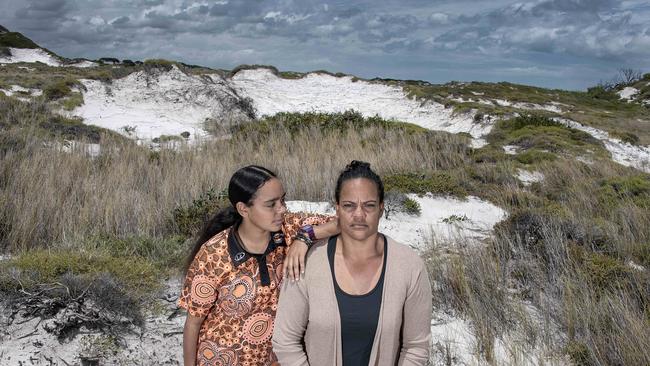
A company chaired by ALP federal president Wayne Swan has been accused by Aboriginal native titleholders of misleading government and the Australian Securities Exchange in saying it has the full support of traditional owners for a new sand mine operation on Cape York.
Diatreme Resources, whose major shareholders include rich-lister Brian Flannery and global miner Sibelco, is proposing two silica mines spread across a coastal dune system overlooking the Great Barrier Reef.
Touted as part of the green energy revolution to produce silica for Chinese-manufactured solar panels, the project requires the clearing of hectares of endangered littoral rainforest in an area local Indigenous people say also contains sacred sites and ancestors’ graves.
Traditional owners and ecologists are concerned about the impact of the mine, which could begin production in 2024, if approved, and will need 800 million litres of water annually to process the silica.
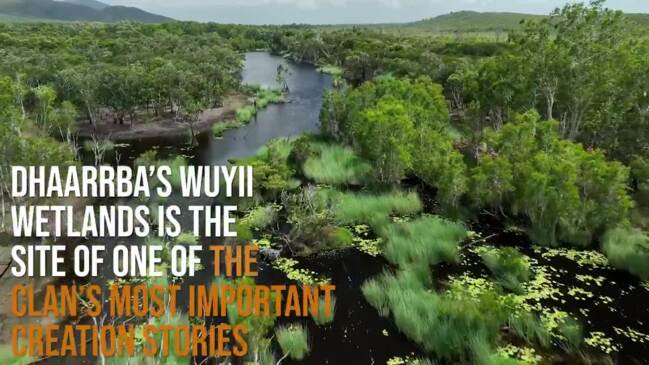
Labor-aligned lobbying firm Anacta, which had its two principals banned in July from personally lobbying in Queensland, had 54 meetings or contacts on behalf of Diatreme with the Palaszczuk government, as the company secured approvals to expand the project.
Two of the approvals were given at the time that former ALP state secretary and MP Mike Kaiser was director-general of the Department of Resources.
The publicly-listed company has been granted new or extended exploration permits on the eastern coast of Cape York, near the Aboriginal community of Hope Vale, by the Palaszczuk government, in the past year on the back of purported traditional owner consent.
But an investigation by The Weekend Australian can reveal Diatreme’s consultation process has been flawed from the start, with the company relying on deals struck through its “project partners”, the native title representative organisation, the Hope Vale Congress.
Federal regulator, the Office of the Registrar of Indigenous Corporations, in April issued a show cause against the Congress leadership alleging it was riddled with governance failures, financial mismanagement and, not representative of the region’s 13 native title clans.
“I suspect the directors and officers of the corporation have not exercised their powers and discharged their duties in good faith and in the best interests of the members of the corporation and for a proper purpose,’’ the ORIC report found.
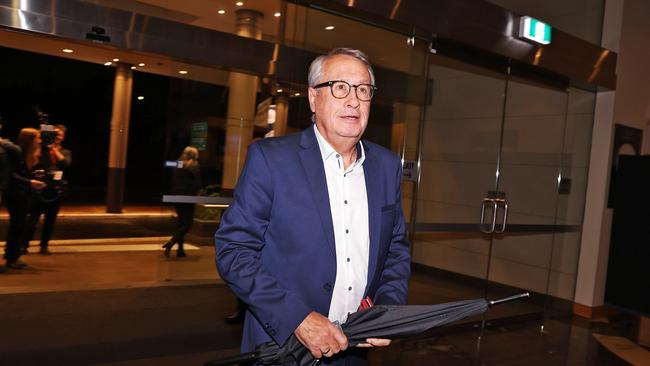
“I suspect the directors and officers of the corporation (Congress) have improperly used their positions to gain an advantage (for) themselves or someone else’’.
The report also contains unsubstantiated complaints of intimidation, fabrication of documents and backdated payments by Congress allegedly relating to the project.
The investigation followed years of appeals from members of the clans to Diatreme and ORIC about Congress, and pressure put on the regulator to act from regional representative organisation, the Cape York Land Council.
Diatreme has repeatedly issued statements to the ASX and to government that it had the “backing of traditional owners” and “broad local support” for its mines, describing Hope Vale Congress as its “project partners” as recently as October.
But native title holders have told The Weekend Australian Diatreme has publicly misrepresented their views.
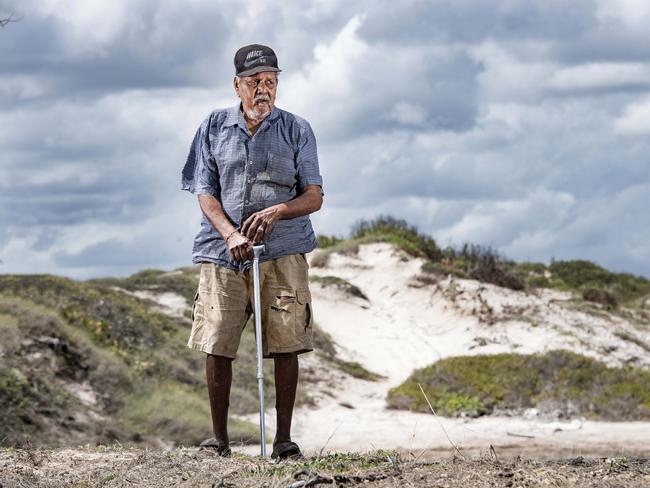
Correspondence shows Diatreme was warned about Congress not being representative as early as August 2020, and that company executives knew of the damning ORIC findings this year.
In response to an August 18, 2020 complaint from Thiithaarr traditional owner Jessica McKechnie-Hart about Congress and many of her family members’ opposition to the mine, Diatreme said her concerns were a result “of your lack of productive communication with Congress”.
“It has been our experience Congress are very careful and thorough in their dealings and have held us to high standards on site and are adamantly pursuing the best outcomes for native title holders,” Diatreme said.
Teneille Nuggins, a member of the Dingaal Warra clan through traditional adoption, said many native title holders were unaware of the mining project until 2020, years after deals were done by Diatreme with Hope Vale Congress.
“I started advocating against it. My kids said ‘mum, you can’t let a mine happen down there’,” Ms Nuggins said.
“I’m gonna fight’’.
Cairns solicitor Sharon Giardina - who was hired by some Thiithaar traditional owners - said Diatreme’s public statements to investors, the stock market and regulators that they had been consulting fully from the start and had strong local support were incorrect.
“From my observations at meetings, there was no consistent, full-throttle support for that project,” Ms Giardina said.
“I would describe it as a mischaracterisation of the support that they’ve received.”
It can also be revealed that some Congress officials, including recently ousted Congress CEO and powerbroker Ivan Deemal, held 10 million shares in Diatreme, through a private company they collectively owned, between 2018 and 2021.
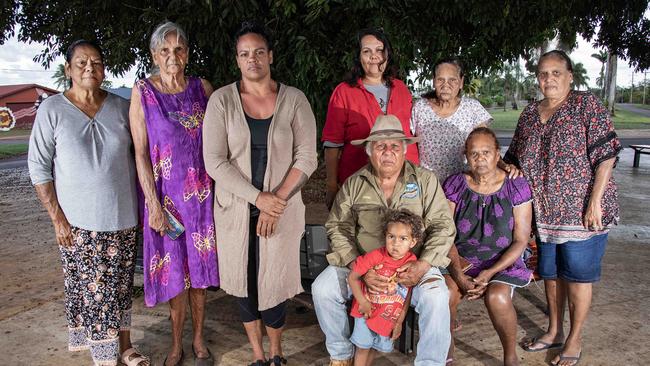
Mr Deemal said it was a mistake that the shares were bought by the private company, blamed poor accounting advice and that they were always meant to be an investment by a charitable trust for the benefit of the community. The shares were transferred to the trust last year, weeks after ORIC ordered its investigation.
Mr Deemal – who denied any wrongdoing – was ousted from Congress during the ORIC probe.
New chair Tim McGreen said Congress had put negotiations with Diatreme on hold, and said the previous deals done did not represent all 13 clans.
None of the allegations made by ORIC have been proven and the regulator has decided not to appoint an administrator to Congress after assurances from the new board.
Mr Swan, the former federal Labor treasurer and deputy prime minister, was appointed Diatreme chairman in November last year and now owns 2 million shares and 10 million unquoted options in the company, is a close Right faction confidante of Premier Annastacia Palaszczuk.
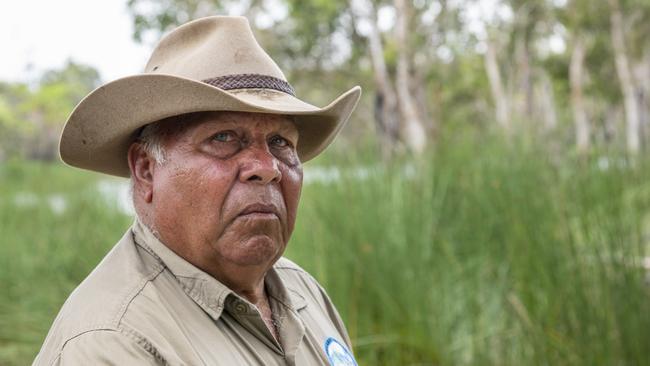
In a statement, Mr Swan did not answer specific questions put to him.
“I joined the Diatreme board because I was impressed by the company’s commitment to building meaningful and lasting relationships with traditional owners in the communities in which they work, including by offering them a genuine stake in projects like no other mining company has before,’’ he said.
Diatreme chief executive Neil McIntyre said the company was legally required to engage with Hope Vale Congress as the court-appointed registered native title body corporate.
“Diatreme has always complied with our disclosure as we have undertaken lengthy consultation and negotiations with native title holders,” Mr McIntyre said.
Asked about the allegations raised by ORIC, Mr McIntyre said the regulator had “closely monitored the operation of Hope Vale Congress” and guided it through the governance process “allowing it to manage its own affairs without appointing any administrator”.
He said: “The native title holders for the land affected by our direct activity have always been supportive of Diatreme activities”.
Mr McIntyre said he had been assured by Congress and its legal representatives that “an overwhelming 95%” of traditional owners supported the project.
Senior Dhaarrba elder Richard Bowen said he feared for the health of his country, particularly wetlands, that overlapped with Diatreme’s exploration tenements.
“As a traditional owner … I wasn’t consulted, no one mentioned anything to me,“ Mr Bowen said. “I don’t want the land to be touched. I want it to be left as it is.”

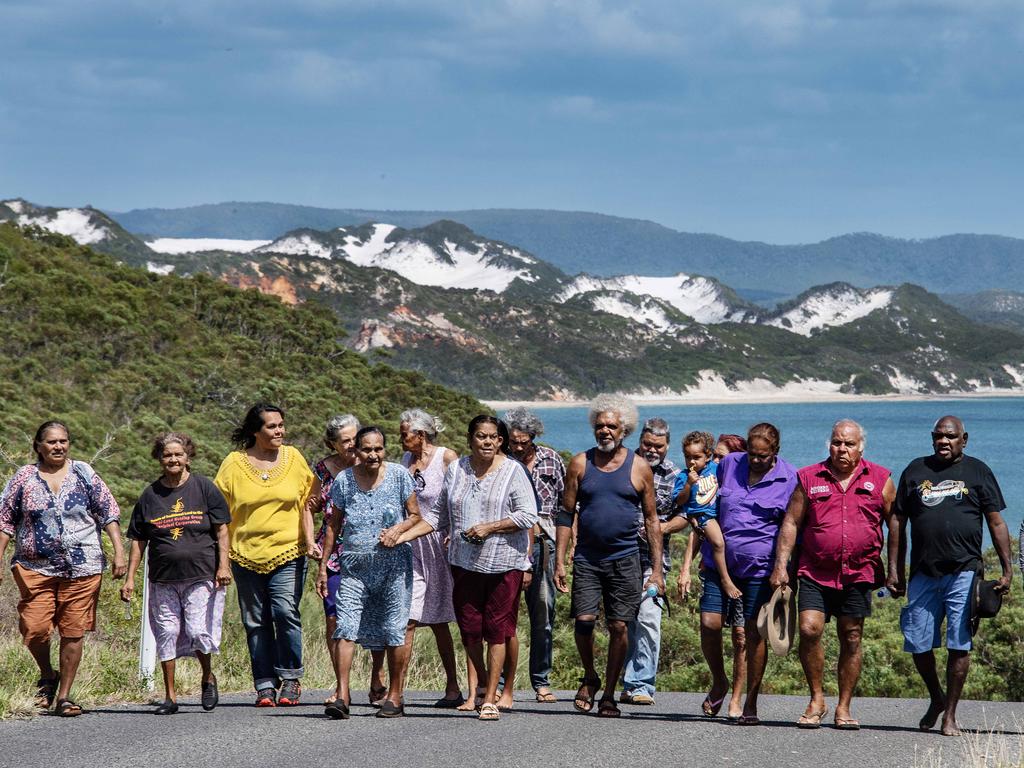
To join the conversation, please log in. Don't have an account? Register
Join the conversation, you are commenting as Logout